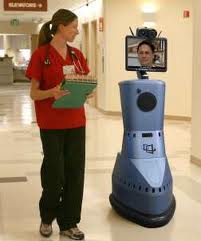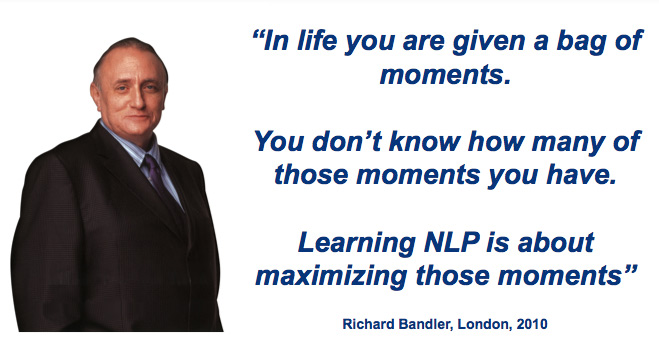10 Facts about Care Sector Jobs
1. Due to medical and technological advancements, we have an aging population – we are all living longer. For the care sector, this means they need to train and recruit more staff then ever before to meet the demands of this sector.
2. The recent baby boom has predicted that this sector is set to grow. Currently there aren’t enough trained carers to meet this potential demand.
3. Care jobs vary depending on the support required by your clients. Support required for some elderly clients is low; you may be tasked with befriending a large number of old age pensioners who lack of support network. In this role you may take the OAP on trips, shopping, to doctor appointments or just to have a cup of tea and a chat. The middle includes the same duties, but you may offer additional support, such as making tea, checking they have took their medication and even some small DIY task. The final stage may include offering specialist support or even delivering personal care to the elderly.
4. Many people get into caring roles due to their caring nature. You also have to remember that your patients may deteriorate and at some stage will pass away. As a carer you may be the person who discovers the decease or witnesses as an example hart attack. You to ensure that you are capable (after training) to handle these situations, and to be able not to take grief situations home with you. For care roles you need to ensure your personality traits, work ethic and values to match the right care role.
5. Entry route to these roles generally start at level 3 (college level). For specialist roles such as therapist and nurses you will be required to gain a degree. Course entry routes and duration can be found on university prospectuses.
6. For applicants wanting to work in specialist fields including Physical Therapy, Alzheimer’s, Mental Health or Nurse you first have to qualify at university in this particular specialism.
7. Surprisingly recent statistics have shown an increase in crimes committed by the elderly, which may see an increase in prison guards specifically trained to work with OAPs.
8. With many carer roles, you will work shift work. Some care positions include “stay over’s” which may include sleeping at a patients house or care home. As part of the application process you need to ensure you highlight your willingness to do this.
9. Entry level jobs are mainly as care assistants; supporting care workers in care homes. Care homes and hospitals also recruit cleaners, cooks and orderlies to help support their patients.
10. New regulations are predicted to come into practice to ensure the safety and care of OAPs in all sectors of this industry from care homes to specialist support. These regulations will include an increase in unplanned visits by the regulating authorities.
Check out care sector jobs here: Care sector jobs







